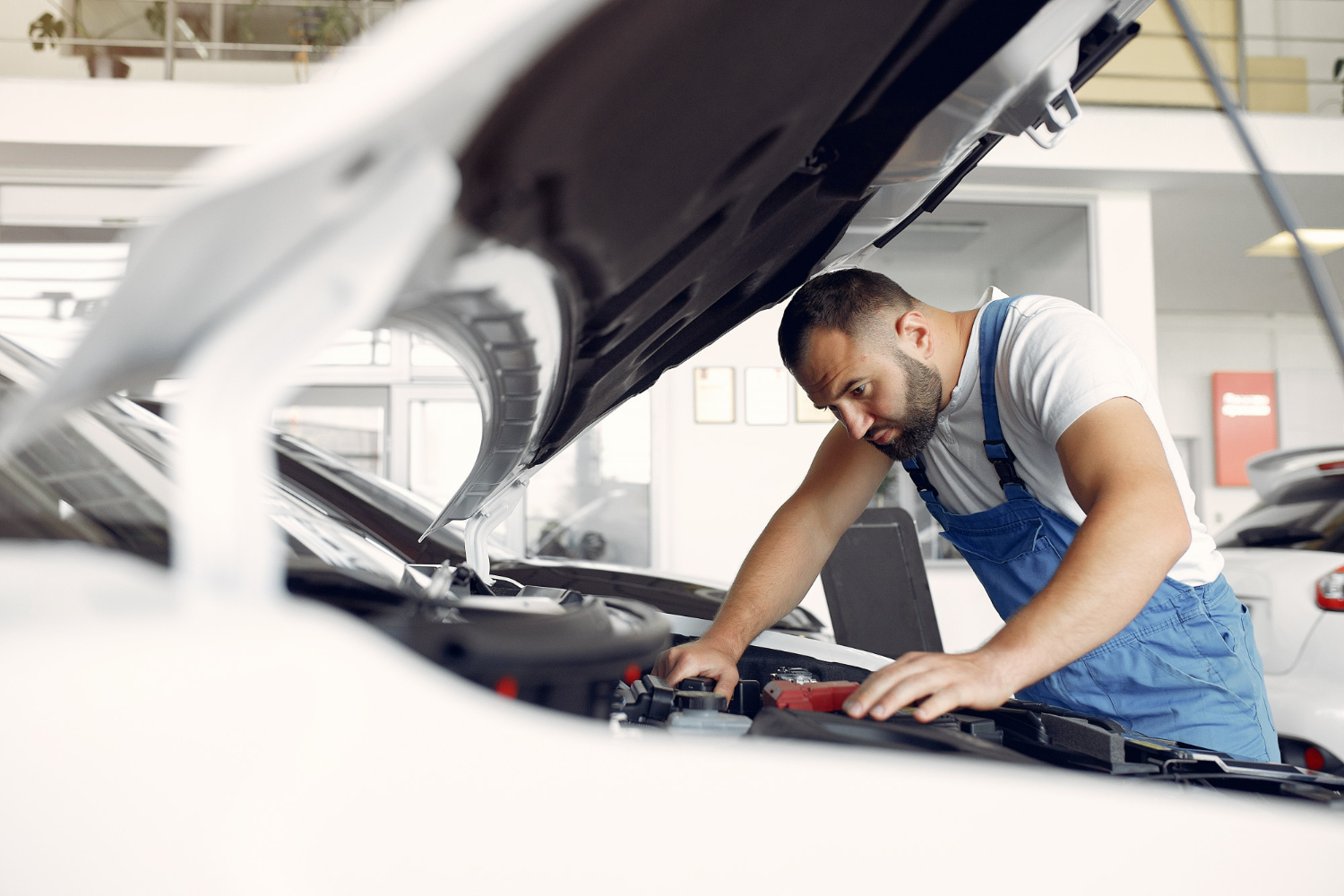The Essential Guide to Regular Car Maintenance: Keeping Your Vehicle in Top Shape
When it comes to car maintenance, regular checks are crucial for ensuring the longevity and safety of your vehicle. Much like visiting a doctor for routine health check-ups, your car needs consistent attention to detect and address any issues early on. This guide will delve into the recommended frequency of car inspections and the key areas you should focus on.
Oil and Fluid Checks: The Lifeline of Your Engine
One of the most basic yet vital aspects of car maintenance is the regular checking and changing of oil and other fluids. Engine oil should typically be checked every month and changed every 3,000 to 5,000 miles. However, newer models may have longer intervals. Remember to also check your brake fluid, transmission fluid, coolant, and power steering fluid at similar intervals.
Tire Inspection: Ensuring Safe and Smooth Rides
Your car’s tires are fundamental for safety and performance. It’s recommended to check tire pressure monthly and to have them rotated every 6,000 to 8,000 miles to ensure even wear. Don’t forget to inspect the tire treads for signs of wear and tear or any damage, as worn-out tires can significantly compromise your safety on the road.
Brake System: The Key to a Safe Stop
The braking system is a critical safety feature in any vehicle. For peace of mind, have your brakes checked at least once a year. Pay attention to any unusual noises or changes in brake performance, and have your car inspected by a professional if you notice any red flags. Regular checks can prevent costly repairs and, more importantly, accidents.
Battery and Electrical Systems: Powering Your Journey
Finally, your car’s battery and electrical systems require attention. Most car batteries last between three to five years, but it’s good practice to check your battery every six months for signs of corrosion or wear. Also, ensure that your lights, indicators, and electrical systems are functioning correctly, as they are essential for both operation and safety.
Adhering to a regular maintenance schedule is key to keeping your car running smoothly and safely. While these guidelines offer a general framework, always refer to your vehicle’s manual for specific maintenance recommendations. Remember, investing time in routine checks not only prolongs the life of your car but also ensures a safer driving experience. Stay on top of your vehicle’s maintenance, and it will surely take care of you on the road.
